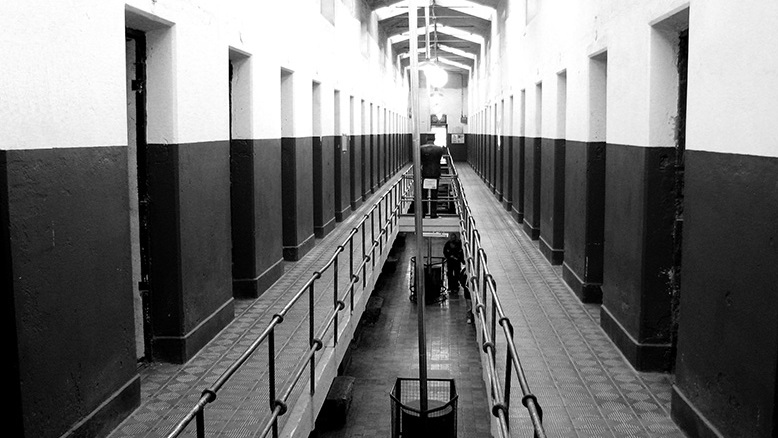Willmott Dixon to build 1,000 ‘offsite’ homes a year
Contracting, residential development and property support business Willmott Dixon intend to future-proof their residential construction business against a worsening skills shortage.
The company currently deliver 2,000 homes each year. Their latest announcement suggests that they plan for half of these to be constructed using offsite methods and materials going forward.
By signing 3 year strategic agreements with leading suppliers of timber frame (Robertson Timber Engineering) and light-gauge steel frame systems (Fusion Building Systems), Willmott Dixon hope to drastically reduce current reliance on traditional construction methods due to rising costs and lack of skills.
Residential construction chief operating officer, Charlie Scherer says “This is an important step in our strategy to provide a high quality product that utilises all the benefits of factory-made systems while also reducing our exposure to the labour price escalation we’ve seen in recent years. We aim to be building 1,000 homes a year by 2017 using systems provided by Robertson and Fusion, with the consistent quality also aiding our zero defects strategy.”
“These two deals are the cornerstone of our ‘Capacity Building’ strategy. This is our people, engineering and technology programme that is central to counterweight the resource challenges in industry, and deliver cost-effective, sustainable build solutions for our clients.”
Tim Carey, product director for Willmott Dixon, added “If we are to address the significant capacity gap that currently exists in the construction sector, we need to think strategically about our supply chain. The selection of Robertson and Fusion will help maximise efficiencies across our projects, enabling us to deliver as many high-quality homes in as short a time frame as possible whilst ensuring they are delivered to the quality our clients deserve.”
About Willmott Dixon:
Willmott Dixon has built nearly 50,000 homes since the 1974, and operates across the South, Midlands and North, building for developers, housing associations and local authorities. The mix includes affordable, care residential, retirement villages, housing for sale and private rent, plus student accommodation. Projects vary in scale, from a standalone 90 unit care homes to multi-phase ten year estate regenerations that create a new ‘destination’ for communities.
















